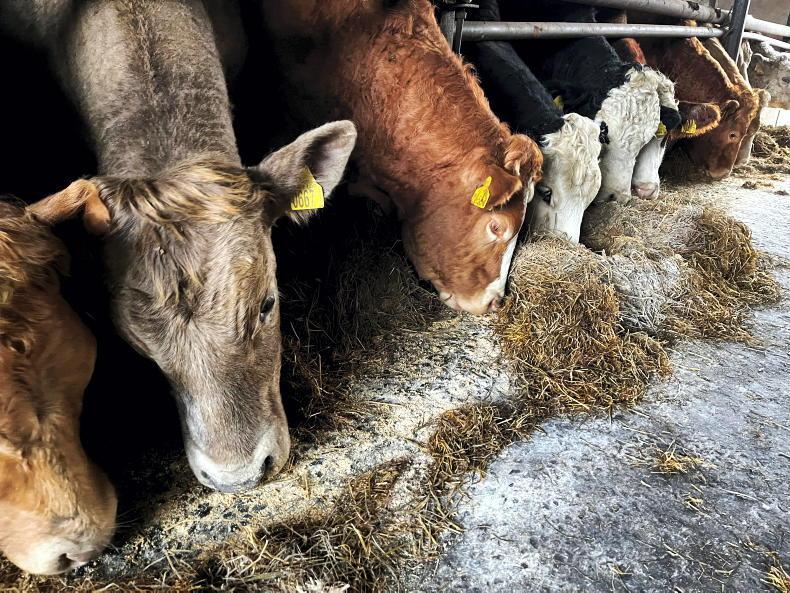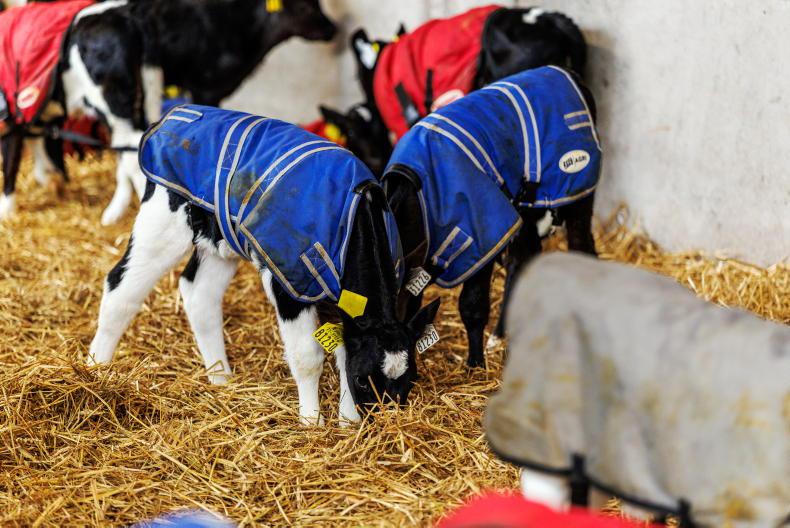All our farm dogs are wormed regularly to comply with the Bord Bia recommendations. We also encourage annual vaccinations to protect your farm dog from leptospirosis among other diseases. Fleas and ticks often don’t get a mention, but they can cause issues too.
Fleas are small parasites on the skin of dogs and cats, just bigger than the tip of a pen. Cattle and sheep do not, in the main, get infested with fleas. Fleas can be seen scurrying around your dog’s skin if you part the hair on the neck or back. They feed on your pet’s blood by biting through the skin. Mainly, they cause your dog to itch and at worst your dog may be allergic to them. This, in turn, creates more skin problems. Fleas do not reproduce in cold frosty weather so traditionally flea numbers dropped in the winter. But now many dogs sleep inside the back door where temperatures are more constant, so fleas are a year-round issue now.
Ticks, on the other hand, are not as benign. They are small when they attach to all animals (including humans). They crawl to a place where they may be hard to find. They attach firmly to the skin, and suck blood and over a week can swell to the size of a small pea. They will then drop off to complete their life cycle. There are tick-borne diseases, such as Lyme disease, that are passed from tick to animal during this feeding process. These diseases are not obvious to diagnose and can be severely debilitating for your dog. Therefore, when you worm your farm dogs and cats every 12 weeks, ask for a flea and tick treatment also. This is especially relevant to sheepdogs who cover a lot of rough terrain. There are many products on the market and, like many things in this world, you pay for what you get. Some products will only keep ticks off for a short time but there are some good products that work for 12 weeks. Please ask your vet or vet nurse the next time you meet them.
Sean Coffey works at Mulcair Vet Clinic, Newport, Co Tipperary. Mulcair Vet Clinic is part of XLVets. XLVets is a group of progressive practices who are working together to achieve a better future for agriculture and veterinary in Ireland. For further information go to www.xlvets.ie








SHARING OPTIONS